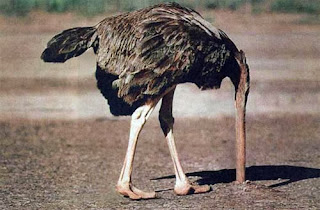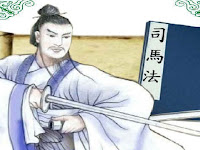My book excerpt from “Leadership by Virtue” available on AMAZON.COM (Chapter 6, pages 117-120 of 539 p.) is entered into the Marsocial.com Author of the Year Competition Please Click the link and like, shares it. Thank you.
As for Shifu’s words, Tara asks Ben if he has seen a monster
Culture sophistication of employees pressures on realization of decisions
Leadership cannot really be taught. It can only be learned. (Harold S. Geneen)
The words “If you do not handle your time, how can you manage the time of the people you lead” from yesterday evening echoed in my ears through the night. And still now I cannot forget them. It is very true, and I feel that I need some guidance about how to overcome these rapidly evolving events that are consuming me and my energy. Drinking tea in my office and shuffling through my e-mail, I just cannot get rid of Shifu’s words. Where is the key that will unlock the doors that will allow all the negative energy accumulated in these two companies to exit? It seems to me that even an exceptional martial artist could not fight through all this piled-up problems.
I don’t even hear it when Gemini enters with the report I asked for about all those subsidiary companies and our ex-employees working in them mostly for FixCom. She starts to explain the background and the concerns she has if we cancelled contracts with companies right now. I agree with her and ask her if she can prepare a plan to pass important services to a new company smoothly and then to pass other less important services that are not our core business and do not bring high value added on to those companies. The plan should include the costs and people involved, and we can have preliminary discussion about it today at the merge meeting. I inform her that we will have this on the agenda of our first directors’ board meeting in two weeks.
Fedor enters with a smile on his face. This should be a good sign. And it is.
“Hi, Ben. I have the papers with me.”
“Make it good news, please.”
“It is. We finally entered all the data yesterday evening and tested them with the new SW module. This morning we cleaned the errors and ran them again through the system and the results are here.”
“That is great, and I should apologize for being rude to you yesterday.” It is a relief to say these words that I truly mean. Finally, a positive effect offering me proof that I’m steering the problems correctly.
“No problem. I understand the pressure on you, and we did not help you much to overcome them. Would you like to see the results?”
“Yes please, but first let us call Dylan too.”
“I already informed him, and he is on his way up here.”
Dylan arrives a few minutes later, and we have a long presentation and Fedor’s explanation of the data. It is half past nine when we are through, and I shock them by saying, “Would you mind if I leave now and you two carry out the meeting?”
“Something more important?”
“In some ways, you could say yes. But please can you inform me about the results afterward?”
“Is she young?” was Fedor’s provocative question.
Interested? READ MORE
HERE.



























